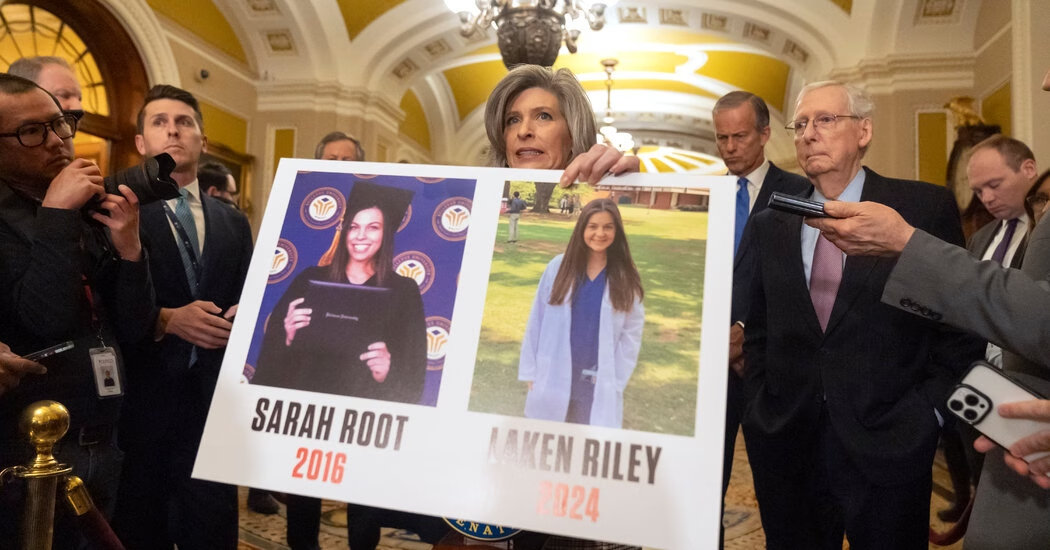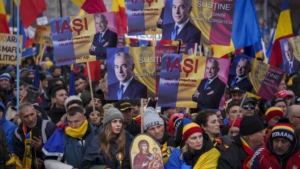Honduras has initiated the process of extraditing an undocumented immigrant to the United States who is accused of killing a young woman in Iowa in 2016, a case frequently cited by President Trump during his initial presidential campaign. This decision comes as Honduras and other Latin American countries strive to demonstrate their cooperation with the Trump administration.
The Senate Court has ordered the arrest of Eswin Mejia, who allegedly caused a drunkenDrunk driving crash that killed Sarah Root in Omaha in January 2016. Mejia was apprehended in a town northwest of Tegucigalpa, the Honduran capital, and appeared before a Supreme Court judge. The Honduran government intends to fulfill the U.S. extradition request.
Enrique Reina, Honduras’s foreign minister, mentioned that over 50 extradition requests from the U.S. have been received since President Xiomara Castro took office in 2022, and the Supreme Court will decide whether to grant the extradition request for Mejia. Honduran foreign minister Enrique Reina said that though this case needs judicial review, cooperation with the U.S. is a sign of Honduras’s commitment to mutual security efforts.
The Trump administration has pressured regional countries to send individuals wanted by the U.S. back to address issues of immigration and crime, core components of his political stance. Mexico also extradited high-ranking cartel members on the same day of Mejia’s arrest, including Rafael Caro Quintero, a founding member of the Sinaloa cartel.
Ricardo Zúñiga, the retired special envoy for Honduras, Guatemala, and El Salvador for the State Department, notes that Latin American countries, concerned about potential tariffs, are increasingly compliant with U.S. requests. Zúñiga underscored that while governments welcome the non-interference that comes with cooperation, they are very concerned about the economic impact of tariffs.
Honduras aggressively pursued this extradition to maintain good relations and potentially avoid trade consequences. It is considered a strategic move to prevent the potential imposition of tariffs.
In a separate development, Honduras recently agreed to let the Soto Cano air base serve as a transfer point for deportation flights from Guantánamo, highlighting strengthening relations with the U.S. Additionally, Honduras has decided to continue its extradition treaty with the U.S. to foster warmer relations.
Despite these developments, Honduran law complicates extraditing individuals accused of murder, which could lead to domestic legal challenges against sending Mejia to the U.S. The public survival of Mejia will depend on the outcome of his hearing in March, while President Trump’s campaign strategy connects crime with immigration and has seen polling successes.
While immigrants have been less likely to commit crimes than U.S.-born individuals, the President has historically exaggerated immigrants’ criminality. This brand of rhetoric has been part of the campaign to garner support and advance anti-immigration policies.
Source: https://www.nytimes.com/2025/03/01/us/politics/honduras-extradition-eswin-mejia.html





